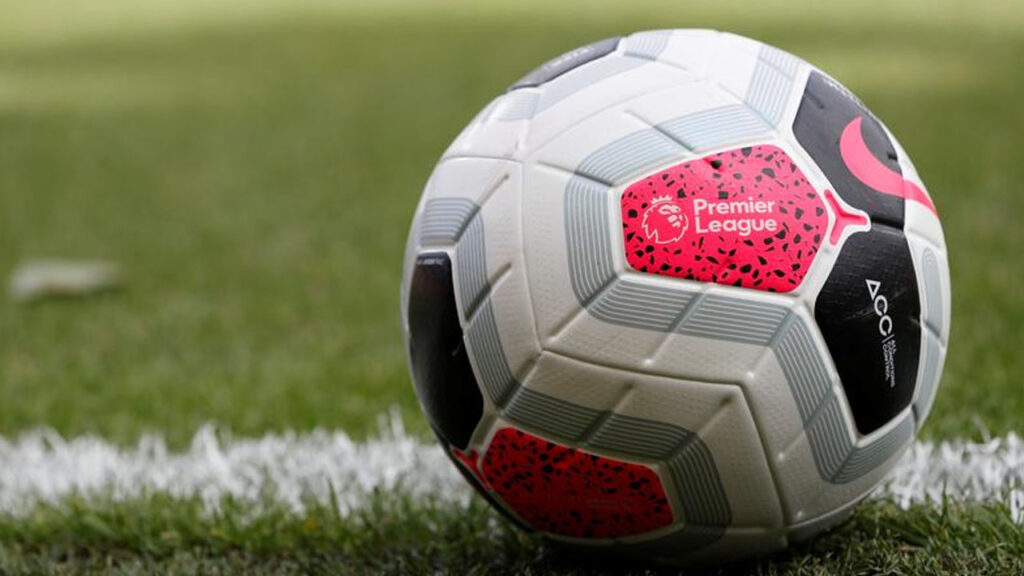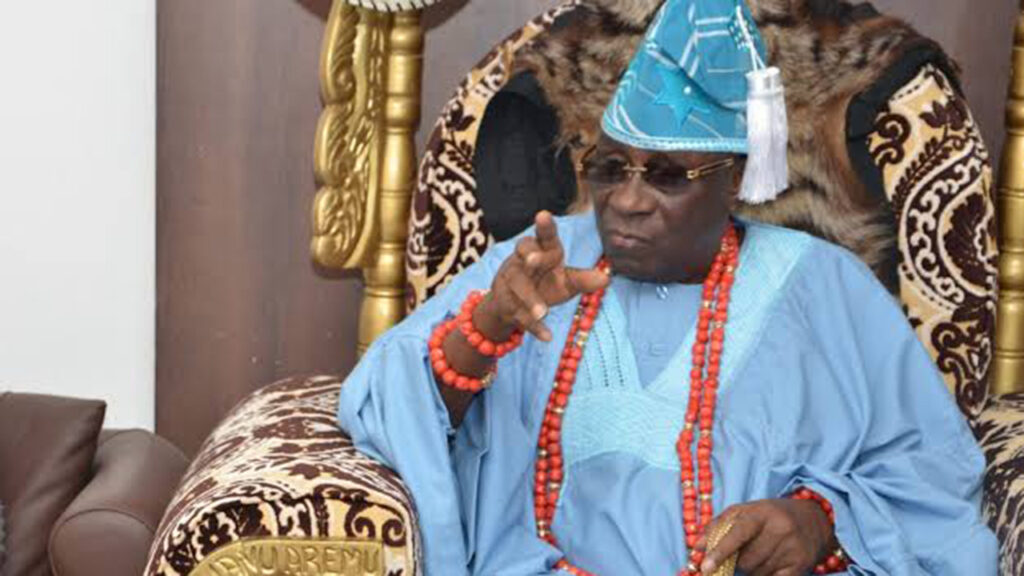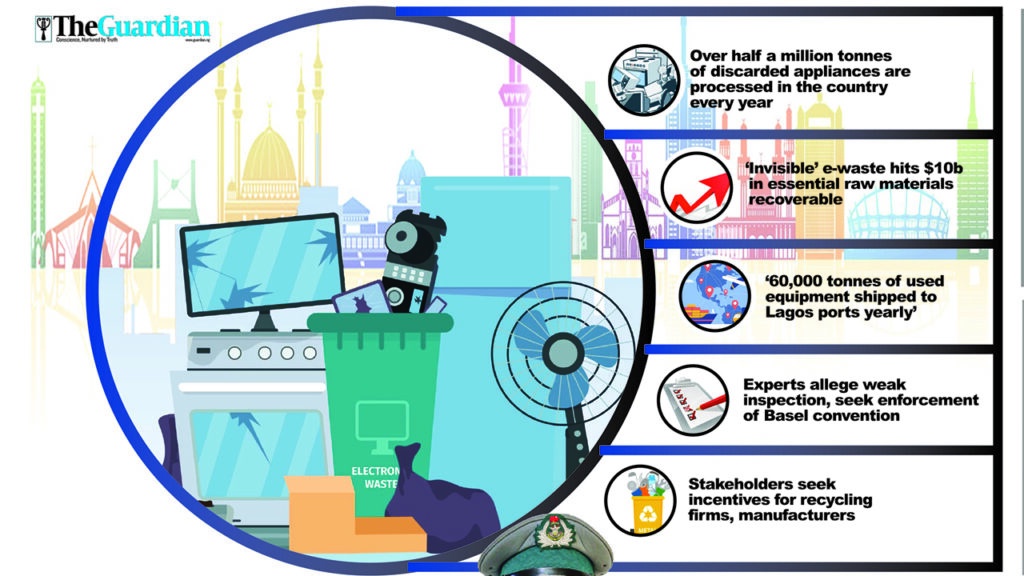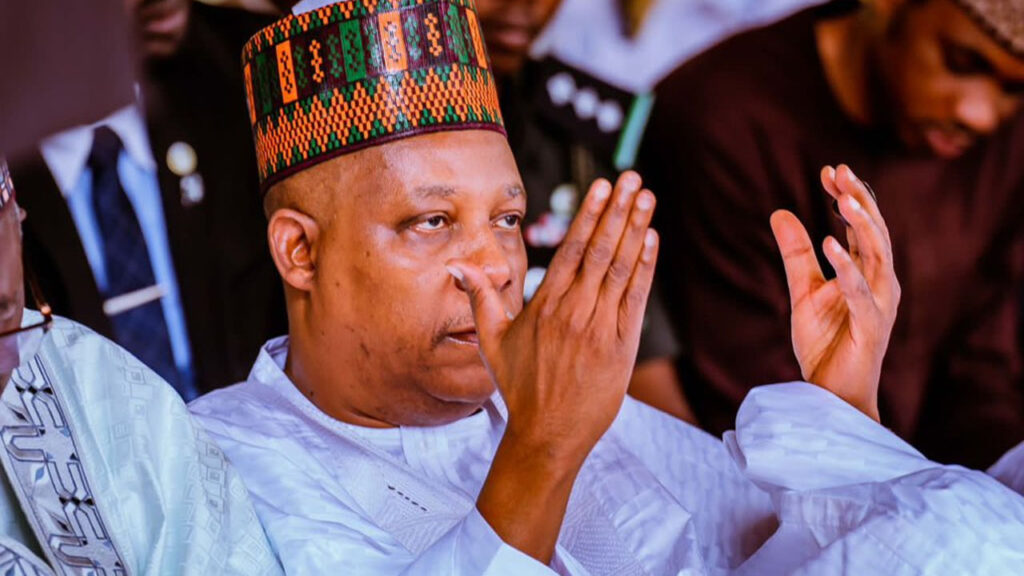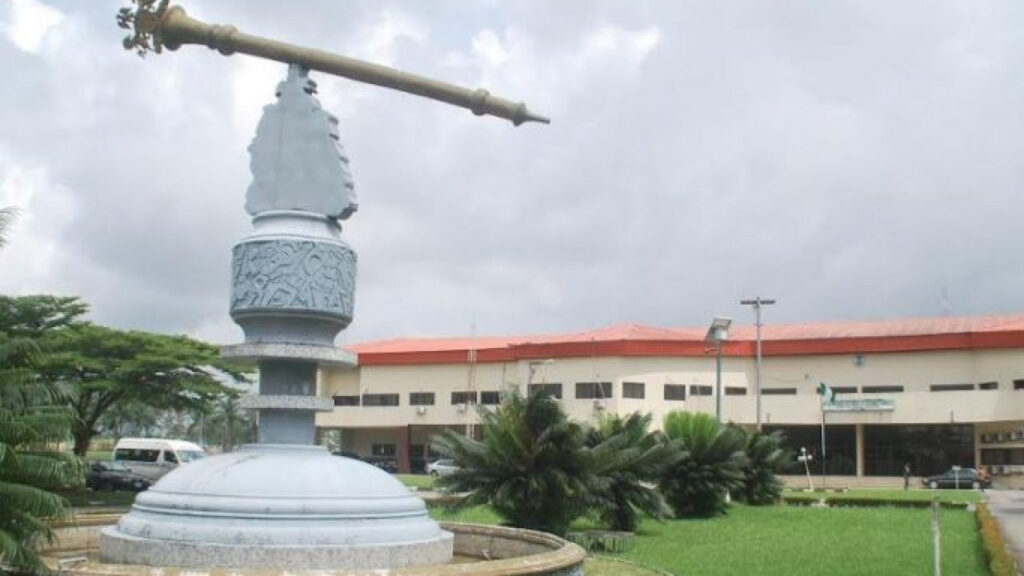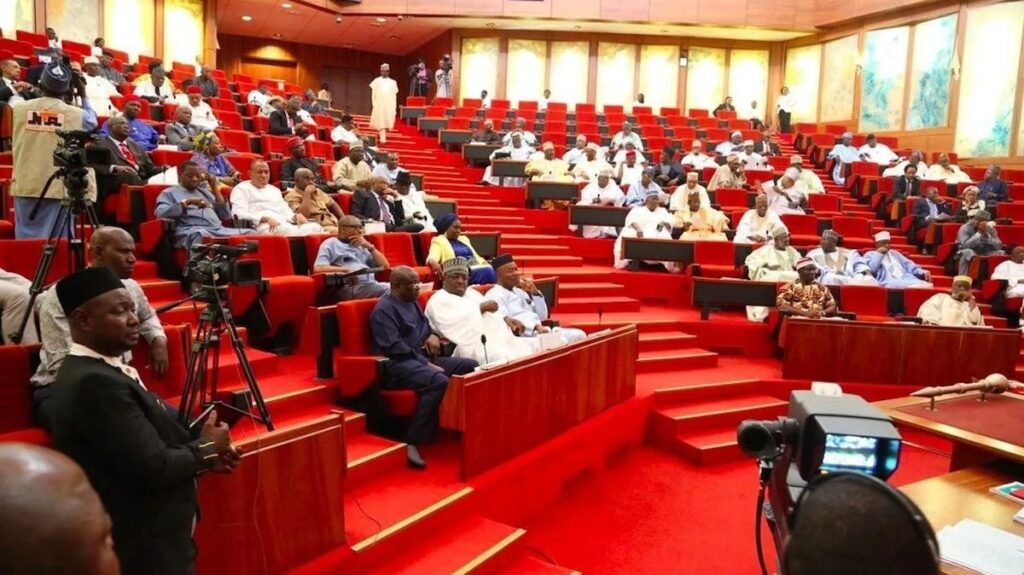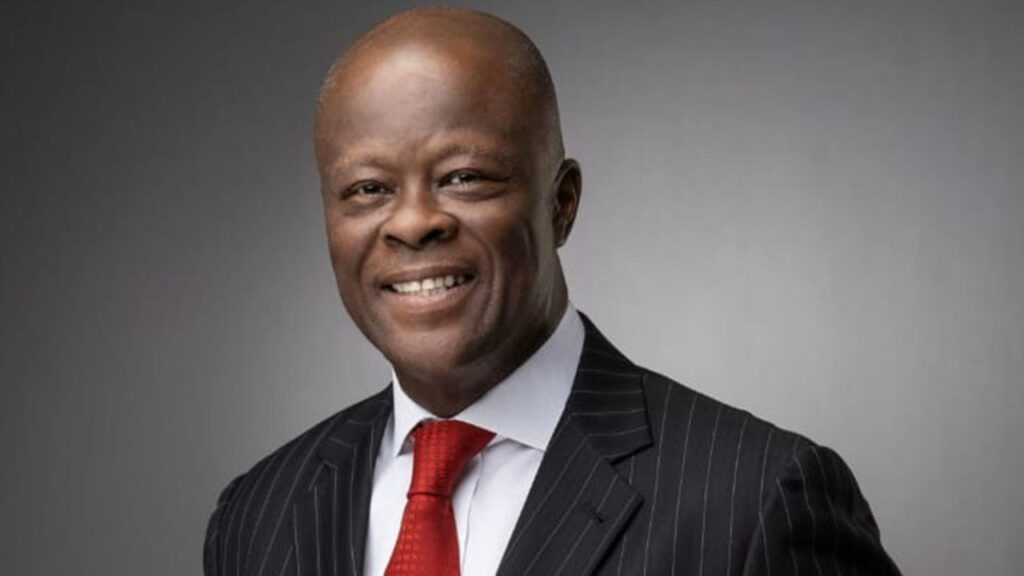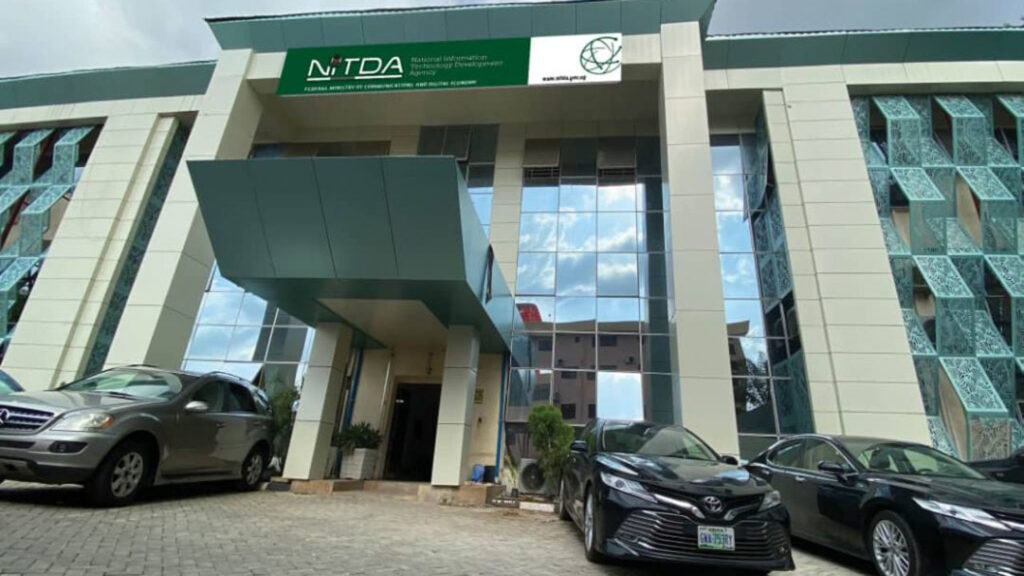
When the subject of doping scandals in sports comes up, people associate this topic automatically with sports like cycling, track and field, or biathlon. But other sports are involved too, as could be seen in the baseball doping scandal. Football, however seems to be immune against this threat to fair competition. The arguments are always the same; for example, some say it wouldn’t make any sense because stamina is only a part of what makes a footballer a great player.
But is this really true? Is football a clean sport or at least much cleaner than other sports? The answer to this question is a clear no. Drug use in sports exists in the world of football as well, and there is plenty of proof that it does. We have dug into the history of football and its biggest scandals and found a few remarkable cases where some of the world’s biggest and most famous players were involved. Let’s start with an overview before we look a little deeper into each case individually:
| Player | Ban Length |
| Mamadou Sakho | 1 Month later rescinded |
| Jaap Stam | 4 Months |
| Josep Guardiola | 4 Months later acquitted |
| Edgar Davids | 4 Months |
| Fred | 4 Months |
| Kolo Toure | 6 Months |
| Rio Ferdinand | 8 Months |
| Andre Onana | 9 Months |
| Deco | 12 Months later rescinded |
| Paolo Guerrero | 14 Months |
| Adrian Mutu | 16 Months in total (2 offenses) |
| Diego Maradona | 18 Months in total (3 offenses) |
| Samir Nasri | 18 Months |
| Mario Vuskovic | 24 Months (case being appealed) |
| Paul Pogba | 48 Months (case being appealed) |
15. Mamadou Sakho, France: Paris Saint Germain, FC Liverpool, Crystal Palace, Montpellier HSC
Key facts:
- Length of Ban: 1 Month
- Position of Player: Central Defender
- Detected Substance: Higenamin
- Club he played for at the time: FC Liverpool
- Result: Cleared of all charges and received compensation from WADA
- Time of failed doping test: 2016
The story of Mamadou Sakho isn’t an ordinary one. Because Sakho wasn’t just another of the athletes caught using steroids, who gets charged, and punished, and that’s it, case closed. No, what made Sakho’s case so special and turned it into one of the biggest doping scandals in sports is that he was wrongfully charged by the World Anti-Doping Agency (WADA).
Sakho was tested after the Europa League match with Liverpool vs. Manchester United on March 17, 2016, and turned out to be positive for Higenamin, a fat burner. Consequently, he was suspended for 30 days from the Union of European Football Associations (UEFA). But they got it all wrong because Higenamin wasn’t even on the banned substances list at that time. Sakho fought the case in court and won. The WADA formally and publicly apologized to Sakho and paid him an undisclosed amount as compensation.
14. Jaap Stam, The Netherlands: FC Zwolle, Willem II, PSV Eindhoven, Manchester United, Lazio Roma, AC Milan, Ajax Amsterdam
Key facts:
- Length of Ban: 4 Months
- Position of Player: Central Defender
- Detected Substance: Nandrolone
- Club he played for at the time: Lazio Roma
- Result: Served a 4 months ban
- Time of failed doping test: 2001
The Dutch central-back defender Jaap Stam is known as one of the toughest defenders in Premier League history. There is no question, Stam was world class costing Manchester United a record sum of what is now the equivalent of €17 Million and Lazio Roma even €25.75 Million. But he also became famous as one of the athletes who used steroids.
When Lazio was playing Atalanta Bergamo on October 14, 2001, he was tested by the Italian Olympic Committee and promptly turned out to be positive for the banned substance Nandrolone. Stam initially received a 5 months ban which was reduced to a 4 months ban after his appeal.
13. Josep Guardiola; Spain: FC Barcelona, Brescia Calcio, Al-Ahli SC, Dorados Sinaloa
Key facts:
- Length of Ban: 4 Months
- Position of Player: Centerback Midfielder
- Detected Substance: Nandrolone
- Club he played for at the time: Brescia Calcio
- Result: Cleared of all charges
- Time of failed doping test: 2001 two times
Josep “Pep” Guardiola was an outstanding midfielder during his career but he got even more famous as a coach. When he left his home club, FC Barcelona, in 2001 and joined the relatively small and much less-known Italian club Brescia Calcio, he definitely surprised the football world with that move, just like a big win playing a Novoliner game does.
But then came the match against Piacenza Calcio on October 21, 2001, and against Lazio Roma on November 4, 2001. After both matches, Guardiola failed a doping test. Testing positive for Nandrolone, he was being made an example of steroids in proffessional sports. But Guardiola’s test showed only 9 milligrams of the substance in his body, an amount that his body could produce himself. He fought the sentence backed by the expert report of Jordi Segura and won the case.
12. Edgar Davids, The Netherlands: Ajax Amsterdam, AC Milan, Juventus Turin, FC Barcelona, Juventus Turin, Inter Milan, Tottenham Hotspur, Ajax Amsterdam, Crystal Palace, FC Barnet
Key facts:
- Length of Ban: 4 Months
- Position of Player: Central Midfielder
- Detected Substance: Nandrolone
- Club he played for at the time: Juventus Turin
- Result: Served the 4 months ban
- Time of failed doping test: 2001
Before the Dutch midfielder Edgar Davids joined the club of athletes on steroids, he was already famous among football fans worldwide. Davids suffers from an eye condition that required him to wear protective glasses on the pitch after having eye surgery in the summer of 1999.
On March 4, 2001, Davids was chosen to be tested for banned substances after the match of his club Juventus Turin, against Udinese Calcio. He failed that test by testing positive for Nandrolone, which was a rather famous one of the football drugs at that time. An Italian court sentenced Davids to be suspended for 4 months, only being able to return to the pitch in September 2001.
11. Fred, Brazil: International, Shaktar Donezk, Manchester United, Fenerbahce
Key facts:
- Length of Ban: 4 Months
- Position of Player: Central Midfielder
- Detected Substance: Hydrochlorothiazide
- Club he played for at the time: Shaktar Donezk
- Result: Served the 4 months ban
- Time of failed doping test: 2015
The Brazilian midfielder Fred caused one of the biggest football doping scandals in the history of Brazilian football. He was one of many Brazilian players who moved to Europe and quickly began to make a name for themselves. As a Brazilian international Fred resided with the Brazilian national team in the summer of 2015 during the Copa America tournament.
It was there when he was tested and the result showed that he had Hydrochlorothiazide in his system. While the drug itself is not performance-enhancing it stimulates the urinary system and, therefore can mask other doping products by flushing them out of the system faster.
10. Kolo Toure, Ivory Coast: ASEC Mimosas, FC Arsenal, Manchester City, FC Liverpool, Celtic Glasgow
Key facts:
- Length of Ban: 6 Months
- Position of Player: Central Defender
- Detected Substance: Unknown
- Club he played for at the time: Manchester City
- Result: Served the 6 months ban
- Time of failed doping test: 2011
Kolo Toure is the brother of Yaya Toure who played for Manchester City at the time of the failed drug test as well. Which drug the failed test showed remains a mystery, however as investigators of the English Football Association only described it as an unspecified substance.
What makes Toure’s case a strange one of doping in sports is his statement. He claimed he took one of his wife’s pills by accident. How that happened remains his secret, as one would assume that a professional athlete doesn’t take pills just like that, which are lying around in the open.
9. Rio Ferdinand, England: West Ham United, AFC Bournemouth, Leeds United, Manchester United, Queens Park Rangers
Key facts:
- Length of Ban: 8 Months
- Position of Player: Central Defender
- Detected Substance: None, banned for missing a test
- Club he played for at the time: Manchester United
- Result: Served the 8 months ban
- Time of failed doping test: Missed test in 2003
There are not only simple cases where an athlete tests positive for a banned substance and gets slammed with a suspension afterward. When the English defender Rio Ferdinand moved from Leeds United to Manchester United for € 46 million, he became the most expensive defender in the world.
What makes his case one of the most famous doping scandals in English football is that he didn’t fail his doping test. No, Rio Ferdinand just never showed up for the test. While the testers from UK Sports were waiting for him at the training facilities of his club, Manchester United in 2003, he was spotted shopping at a Manchester mall.
8. Andre Onana, Cameroon: FC Barcelona, Ajax Amsterdam, Inter Milano, Manchester United
Key facts:
- Length of Ban: 9 Months
- Position of Player: Goalkeeper
- Detected Substance: Furosemide
- Club he played for at the time: Ajax Amsterdam
- Result: Served the 9 months ban
- Time of failed doping test: 2021
Andre Onana’s case is one of the recent soccer player scandals. The young goalkeeper from Cameroon had a bright future ahead of him after joining the Dutch top team Ajax Amsterdam in 2015. In 2021, however, Onana made the top doping in sport news. He tested positive on October 30, 2021, during an anti-doping control executed by the UEFA.
The test revealed that he had the banned drug Furosemide in his system. His club back then Ajax Amsterdam, issued a statement saying that Onana didn’t feel well that day and took Lasimac, which had been prescribed to his wife instead of Aspirin by mistake because both packages looked similar.
7. Deco, Portugal: Corinthians, Benfica, Alverca, Salgueiros, FC Porto, FC Barcelona, FC Chelsea, Fluminense
Key facts:
- Length of Ban: 12 Months
- Position of Player: Offensive Midfielder
- Detected Substance: Furosemide
- Club he played for at the time: Fluminense
- Result: Cleared of all charges
- Time of failed doping test: 2013
The star of the Portuguese attacking midfielder Deco was shining bright during his days at FC Porto, FC Barcelona, and FC Chelsea. While playing for Portugal, Deco was born in Brazil and decided to end his career in his birth country. He chose retirement in the summer of 2013.
A few months before his retirement, on March 30, 2013, he tested positive for Furosemide, however. As the ban wouldn’t affect him after retirement,, Deco fought for his right anyway. He appealed the case, and the Court of Arbitration for Sports (CAS) ruled in his favor, clearing him of all charges.
6. Paolo Guerrero, Peru: FC Bayern Munich, Hamburger SV, Corinthians, Flamengo, International, Avai SC, Racing Club, Quito, Cesar Valeo
Key facts:
- Length of Ban: 14 Months
- Position of Player: Forward
- Detected Substance: Benzoylecgonine
- Club he played for at the time: Flamengo
- Result: Served the 14 months ban
- Time of failed doping test: 2017
The story of the Peruvian superstar Paolo Guerrero could come straight from a movie plot. On October 5, 2017, Peru played Argentina in a World Cup qualifying match and Guerrero failed his following doping test. Anti-doping testers found Benzoylecgonine in his urine, which is a byproduct of Cocaine.
Everything looked like one of the biggest doping scandals in sport for Peru. Guerrero was banned and was due to miss the World Cup but pleaded his innocence. He claimed someone passed him traditional Peruvian tea. He fought his case, the ban was put on hold but reinstated after the World Cup.
5. Adrian Mutu, Romania: FC Dinamo, Inter Mailano, Hellas Verona, AC Parma, FC Chelsea, AC Livorno, Juventus Turin, AC Florentina, Cessena, Ajaccio, Petrolul
Key facts:
- Length of Ban: 16 Months
- Position of Player: Forward
- Detected Substance: Cocaine, Sibutramine
- Club he played for at the time: Chelsea, AC Florentina
- Result: Served the 16 months ban
- Time of failed doping test: 2004, 2010
The Romanian attacker Adrian Mutu created one of the most memorable doping scandals of all time. He managed to test not once but twice positive for banned substances. The first time was at Chelsea in 2004 when the doping report stated traces of Cocaine in his blood.
The second time was at AC Florentina when Sibutramine was found. Chelsea fired him back then and sued him for compensation which is still outstanding to this very day.
4. Diego Maradona, Argentina: Boca Juniors, FC Barcelona, SSC Napoli, FC Sevilla, Newell’s Old Boys, Boca Juniors
Key facts:
- Length of Ban: 18 Months
- Position of Player: Attacking Midfield
- Detected Substance: Cocaine, Ephedrine, Cocaine
- Club he played for at the time: Napoli, Newell’s, Boca Juniors
- Result: Served the 18 months ban
- Time of failed doping test: 1991, 1994, 1995
Sure, Diego Maradona was one of the best players who ever walked on the pitch. But he also had a dark side and became one of the celebrities on steroids. During his career, Maradona was busted an incredible 3 times.
In 1991 and 1995 he tested positive for Cocaine and claimed his innocence. During the World Cup in the US in 1994 Ephedrine was found in his system leading to his immediate suspension from the tournament.
3. Samir Nasri, France: Olympique Marseille, FC Arsenal, Manchester City, FC Sevilla, Antalyaspor, West Ham United, RSC Anderlecht
Key facts:
- Length of Ban: 18 Months
- Position of Player: Attacking Midfield
- Detected Substance: Vitamins and Minerals
- Club he played for at the time: Antalyaspor
- Result: Served the 18 months ban
- Time of failed doping test: 2016
In Samir Nasri’s case we can’t talk about steroids in pro sports as the French midfielder didn’t even take any banned substances. In 2016, he received an intravenous cocktail of vitamins and minerals, and none of them are banned.
The problem is that WADA rules only allow a maximum amount of 50 millilitres while Nasri received 500 millilitres. He even delivered the proof himself as a picture had been taken at the LA clinic and published on their website.
2. Mario Vuskovic, Croatia: Hajduk Split, Hamburger SV
Key facts:
- Length of Ban: 24 Months
- Position of Player: Central Defender
- Detected Substance: Erythropoietin (EPO)
- Club he played for at the time: Hamburger SV
- Result: Currently banned but case is being appealed
- Time of failed doping test: 2022
The Croatian defender Mario Vuskovic isn’t one of the superstars of football. He plays in the second division in Germany, but yet his case is a first in many ways. It is the first time that a footballer has been tested positive for EPO, which is a famous drug and also famous for steroids in sports.
The German anti-doping agency NADA performed the test in 2022 and is currently being battled in court. Yet, Vuskovic claims his innocence and serves a 24 months ban until the courts make their decision.
1. Paul Pogba, France: Manchester United, Juventus Turin,
Key facts:
- Length of Ban: 48 Months
- Position of Player: Central Midfield
- Detected Substance: Testosterone
- Club he played for at the time: Juventus Turin
- Result: Currently banned but case is being appealed
- Time of failed doping test: 2023
Paul Pogba tested positive for the banned substance Testosterone in August 2023 after a post-match test between his team Juventus and Udinese Calcio. After the B-Test confirmed the result, Pogba admitted to taking a food supplement, indicating that it could lead to a positive test result.
The Italian anti-doping courts slammed him with a 4-year ban that could lead to an effective end of Pogba’s career. However, his lawyers are fighting the sentence and are optimistic to reduce the ban to 2 years or maybe even less.

